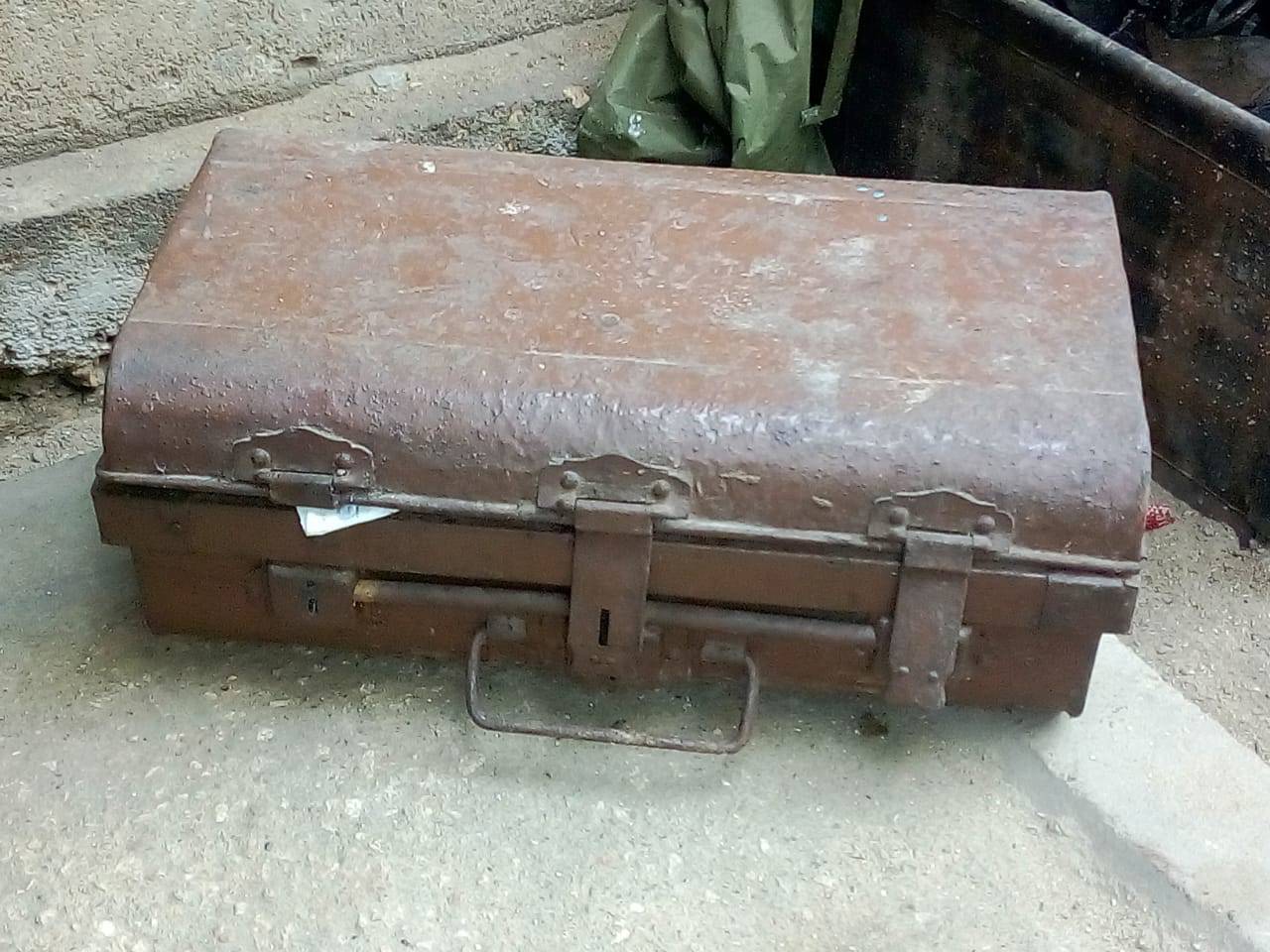
In a new article in the journal Disasters we explore who provides aid, drawing on the case of the protracted internal displacement of Sri Lanka’s Northern Muslims. Based on this we offer insights of relevance to 'localisation' efforts in humanitarian practice.
In October 1990, some 75,000 Muslims living in the Northern Province of Sri Lanka were expelled from their homes by the Liberation Tigers of Tamil Eelam (LTTE). Amidst a brutal civil war, the expulsion resulted in protracted displacement—a situation which for so many of these people remains entirely or somewhat unresolved, years after the war officially ended in 2009.
Over time, some northern Muslims returned to their home places in the north, others stayed in the places they lived as displaced, and yet others continue to lead translocal lives between locations.
Interviews and focus groups with Northern Muslims (including descendants), were conducted in Jaffna, Mannar and Puttalam in Sri Lanka, Drawing on these, we trace both the protracted internal displacement and the need for responses with different characteristics and intensities over time. These responses involved multiple actors, not least the people displaced themselves, fellow Sri Lankan Muslims, but also INGOs, the Sri Lankan government at different levels, and Middle East based Islamic aid providers.
The suitcase in the image is a suitcase which was used during displacement from Jaffna, and was shared with us as part of the research process, by returnees now living back in Jaffna, in 2023.
In the article we analyze the dynamic space of aid that emerged since the expulsion and up until 2022, involving multiple actors across different locations. We find a key paradox in the narratives shared with us: an overwhelming financial dominance of international aid and the parallel general underappreciation of the salient roles played by the assistance provided by the local and national actors involved.
In the narrative about assistance which dominates, the international organisations marginalised the local hosts from influence in the arena after the first stage of emergency and reception. However, alongside the domain of the IDP/northern Muslim and the international and national aid communities, the hosts—or local people—emerged as a significant domain in the dynamic space of aid relations. We therefore argue that:
“For localisation, understood as widening participation, to take place (…) the international community and other resourceful aid providers could have invested more in local organisations and responders. More sustainable support mechanisms can enable resilience to external changes to conditions for assistance and displacement. While international actors might not have a mandate to operate in the long term, their temporal lens (for support) ought to change, at least to take into account that often a long-term view will be needed. One approach to achieve this change would be to work more closely with local actors and shift decision-making power to them. Such an approach would reflect a recognition of how aid constitutes important aspects of the sociality of displacement, in which international actors only play a small and transient, albeit essential, part.”
The article is co-authored by the Sri Lanka team of the PRIO led AidAccount project, Holding Aid Accountable: Relational Humanitarianism in Protracted Crisis, funded by the Research Council of Norway. It is the first in a series of outcomes of our joint research spear headed by our Sri Lanka based colleagues Dr. Danesh Jayatilaka, Founding director of the Centre for Migration Research and Development and Dr. Mohideen Mohamed Alikhan Research affiliate at the Centre for Migration Research and Development and Senior Lecturer in Geography, Peradenyia Unversity, Sri Lanka. The team also includes Professor Cathrine Brun, Deputy Director for Research, Centre for Lebanese Studies, revisiting her long-standing research in Sri Lanka and with Northern Muslims, and is completed by PRIO Research Professor Marta Bivand Erdal and Research Assistant Eva Chalkiadaki. It would not have been possible without Bisliya Bhutto contributing as a research assistant - nor without the willingness of interviewees and focus group participants to share their reflections, thoughts and views.
Read the article: The dynamic space of aid relations in protracted internal displacement: the case of Sri Lanka's northern Muslims’, Open Access in Disasters: https://onlinelibrary.wiley.com/doi/full/10.1111/disa.12623





